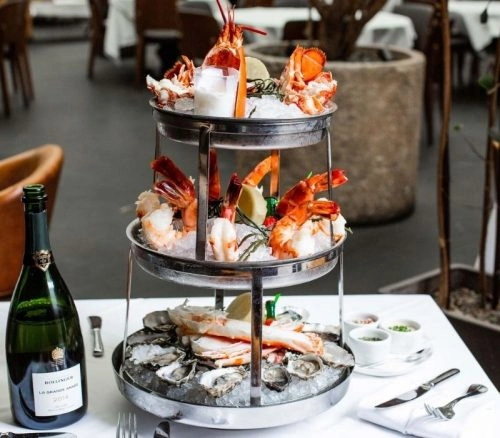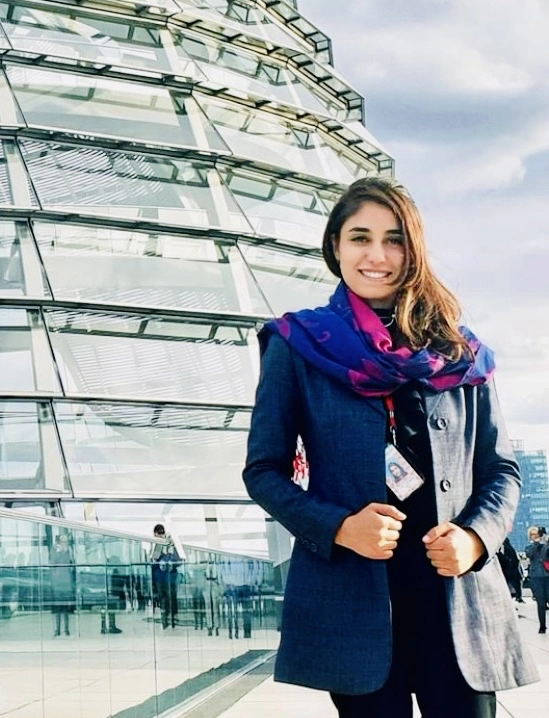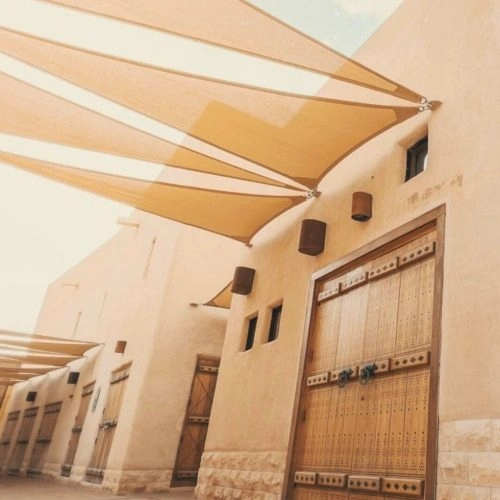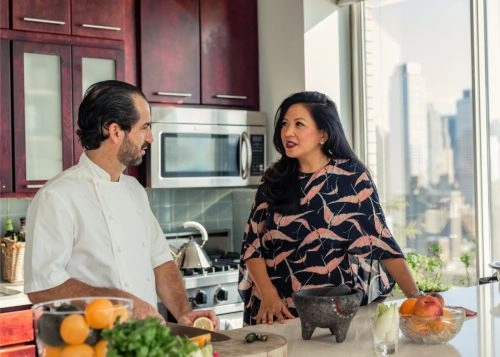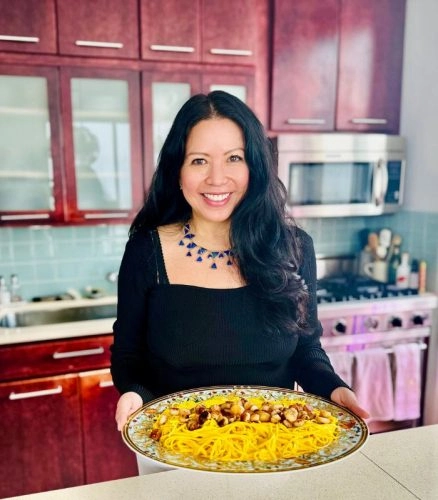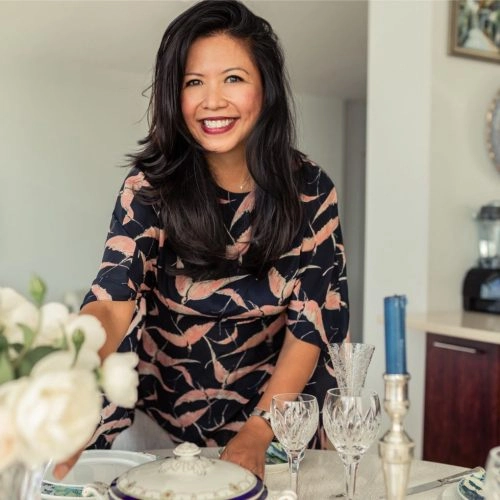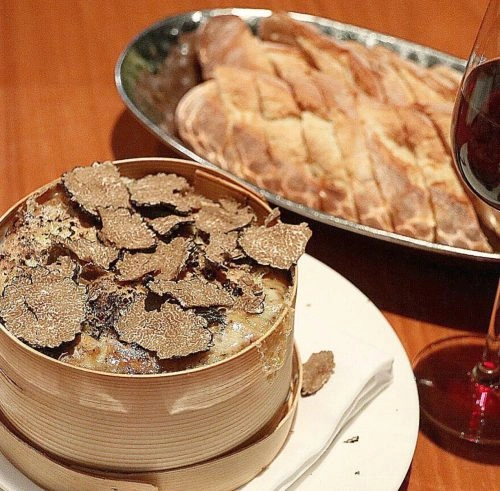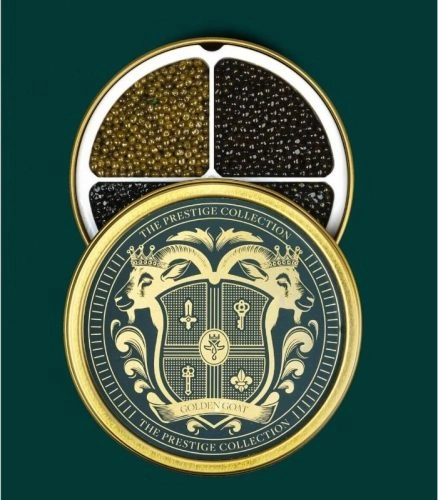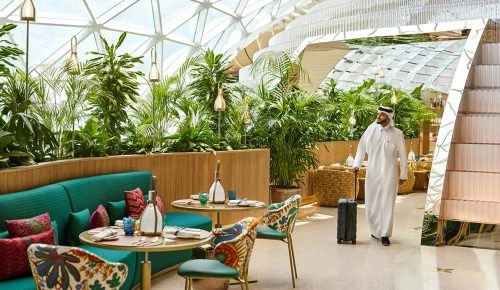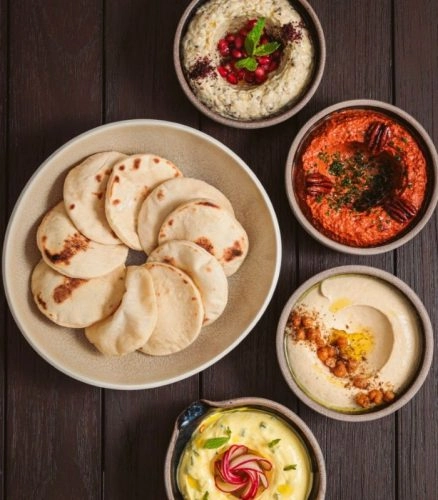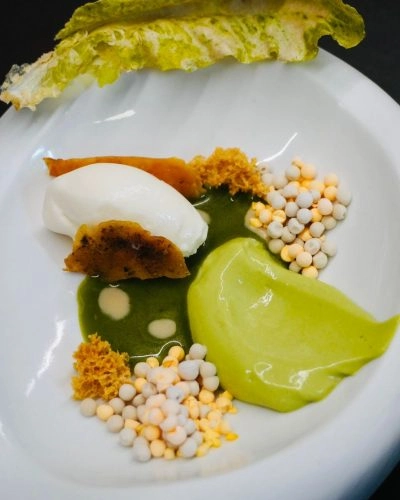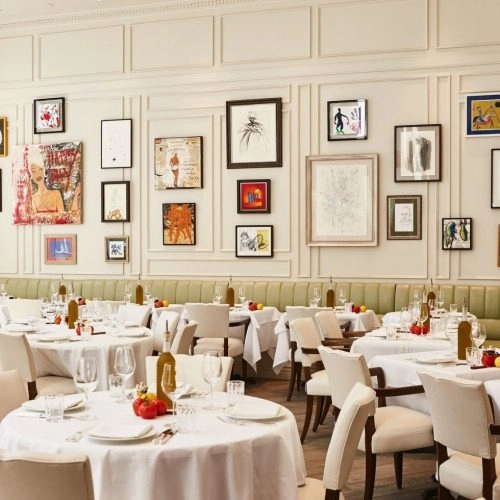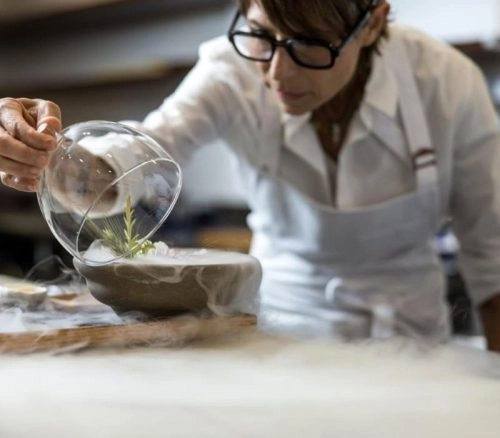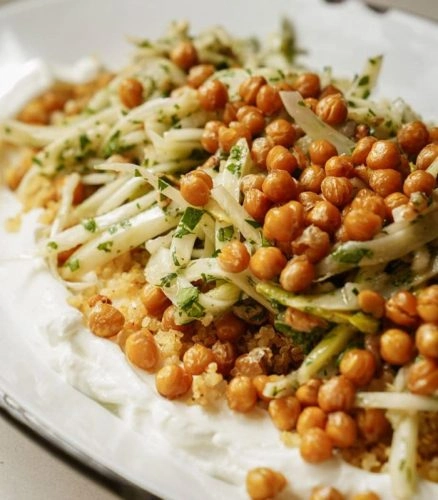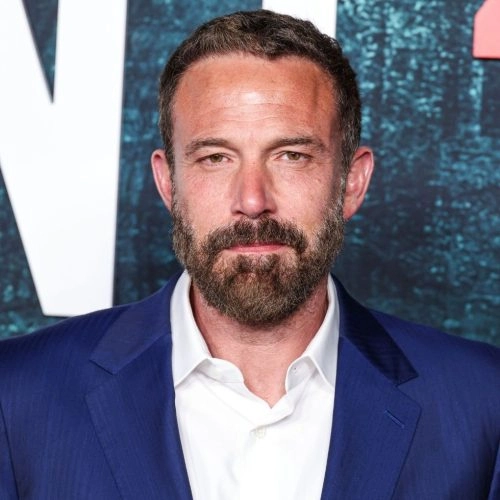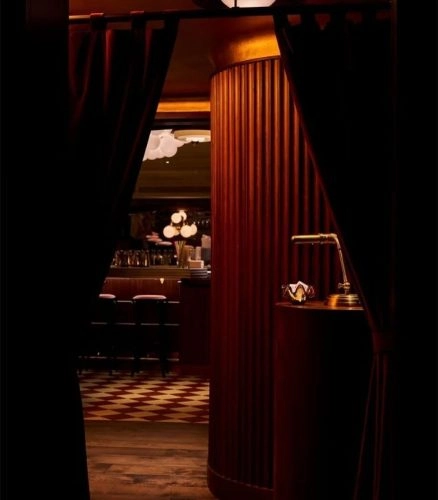Welcome to Galavante’s Spotlight on Philanthropy, where we feature extraordinary individuals, changing the world. The Galavante in the World Foundation is proud to award our first scholarship to Sara Hakimi as she pursues her Masters degree at Georgetown University. Sara is interviewed by Madina, another extraordinary Afghan woman, who we know one day will arrive in the U.S. and join Sara in changing the world.
Sara’s Journey: In Search of Hope
Madina: Thank you so much Sara for sitting down with me, and sharing your story. Can you tell us about your background?
Sara: Thank you Madina, for writing this article. I’m happy to share my background, especially as the Galavante in the World (GITW) first scholarship recipient. Afghanistan is no longer the top of the news cycle, but for women’s rights, and human rights, it’s more important than ever not to forget our country.
I was born in Kabul, Afghanistan, but I currently live in Washington DC. I’m pursuing my Master’s degree in International Security Studies at Walsh School of Foreign Services at Georgetown University. I have two bachelors degrees from Afghanistan. My first degree is in English literature from Kabul University, a public university. Upon graduation from Kabul University in 2014, I joined the American University of Afghanistan (AUAF) through a fully funded scholarship from the US embassy in Kabul. I graduated from AUAF in 2018 with a degree in Political Science and Public Administration.
Madina: It makes me so proud to see a fellow AUAF graduate do so well. Can you tell us about your work in the Afghan government?
Sara: In my senior year at AUAF, I started working in the Ministry of Foreign Affairs (MoFA). For four years, I worked in many positions within MoFA. My latest position was with the Department of Security Cooperation and Border Affairs. There, I worked closely with other governmental entities, and international institutions, including NATO, on projects regarding combating terrorism and narcotics trafficking. One of my primary tasks was to create highly confidential policy documents and participate in national and international meetings and conferences with stakeholders across the domain. I was still employed when the Taliban took over Kabul.
Madina: Can you tell us about your situation when Kabul fell to the Taliban?
Sara: On the day of Kabul’s fall, I had a flight to Rome, Italy. I was slated to attend NATO’s Regional Cooperation Course (NRCC) at NATO Defense College (NDC). I had applied to the program two months prior, so it was always the plan for me to go to Rome.
The morning of August 15th was a regular day. I arrived at the airport early that morning to take my flight. Before landing in Italy, I had a stop at Istanbul, where I got the news of Kabul collapsing to the Taliban. I could not believe it; I was in shock. I immediately called my family and friends to confirm.
Madina: Thank goodness though you got out on one of the last commercial flights to leave. I evacuated after the Taliban took over Afghanistan, and it was terrifying. How were you affected initially with the Taliban takeover?
Sara: My life, like yours, changed dramatically when Kabul collapsed and the Taliban took control. How swiftly Afghanistan went back 20 years devastated me. Girls’ access to school was taken away in a matter of hours. Schools and universities were closed, particularly for girls. Women lost the positions and jobs they had fought so hard for. So many of my peers, especially women, were sent back home and never returned to their jobs. It was sad and traumatizing because those women, including me, worked hard to get where we were.
My academic life was disrupted when the Taliban took power. I was pursuing my Master’s degree in International Relations at Kabul University and had only one semester left to graduate. However, because of the fall of Kabul, I could not finish my degree there.
Madina: This brings tears to my eyes. All of us at AUAF overcame so much to fight for our education, and for our futures. The Taliban took that all away.
Sara: The Ministry of Foreign Affairs has one of the most challenging hiring processes. In the former Afghan administration, this Ministry would post job vacancies every three years. The selection process would take months to review the applicants. Written examinations and interviews were also used in the selection process to assess each candidate’s aptitude and practical expertise.
It took me one and a half years to go through the Ministry’s selection procedure and entrance exam. When I applied for the position at MoFA, there were over 3000 applicants from around the country. Only 43 of us were chosen. Six of the 43 applicants, including me, were women. It was my dream job.
Madina: It’s proven that having women participate in society elevates the economy and politics in government. We were so close to making a change in Afghanistan.
Sara: I agree. When I was in Kabul, I engaged in several civil society organizations. I advocated for freedom of speech and women’s empowerment. I organized many programs and events for both men and women to learn about how significantly all genders contribute to the development of their societies.
My sisters cannot go to school and university to continue their education. The Taliban’s takeover impacted everyone in Afghanistan, but I think women are the Taliban’s primary targets. Women cannot even perform their fundamental rights.
I am continually devastated by the news I receive from Afghanistan, especially about my family. When I speak to my family, I can feel the suffering in their voices and faces. I realize how helpless I am, it tears my heart. But I’m fighting through because I want to be part of the change to help Afghanistan.
Madina: I feel the same way.
Sara: For other Afghan women reading this, we have to continue to fight. That’s what I did. Despite my grief over losing my country and inability to return home and see my family, I continued my studies and enrolled in a Senior Course (SC) at NDC. At the same time, I applied for Masters programs. There were many unknowns along the way, but I could not just wait. I had to keep going, so I applied to different colleges for my master’s degree.
Madina: It all paid off for you though.
Sara: Yes, I received a merit-based scholarship award from Georgetown University and a scholarship from the Galavante in the World Foundation. In the middle of nowhere, this news saved my life. Throughout this whole situation, I did not want to give up. I wanted to continue. My acceptance to Georgetown gave me the confidence to up once again for myself, my family, and my country.
Madina: But you still had obstacles along the way, even with the Georgetown acceptance.
Sara: Nothing has been easy for any of us; not one moment. Even though I was eager to begin my semester at Georgetown, I had to deal with the challenges of obtaining a US visa. I waited for about two months for my visa, and began my studies at Georgetown online studies. I arrived in the US just two days before my in-person classes.
Madina: I know; the visa approval happened just in the knick of time for you. How were things when you first arrived in the U.S.?
Sara: The most challenging aspect was settling in the United States. The first two weeks in the US was hectic because I had to settle in and adjust to my new surroundings. This was the first time I was in the United States. I haven’t gotten over the pain of losing my nation, and I don’t think I ever will. I’m simply learning to deal with it as each day goes by.
It wasn’t easy at first since I felt the absence of my family, which made adjusting to the US more difficult. However, I recognize I am my family’s and Afghan women’s hope. I can speak for Afghan women whose voices have been stifled because of the Taliban, and that responsibility is what keeps me fighting and moving forward.
Madina: Thank you for continuing to give us a voice. What is life like at Georgetown University?
Sara: Georgetown is a dream place for every ambitious student; it’s a remarkable academic and research institution. The university’s classes and academic curriculum are all meant to equip students better to use their knowledge in the real world. Also the lecturers at Georgetown are highly competent and research-oriented.
Georgetown treats everyone equally and with dignity. The atmosphere at the university is welcoming and friendly. Every day I am learning and becoming a better version of myself here at Georgetown.
Madina: How did your time at AUAF help you adjust to Georgetown?
Sara: When I first joined Georgetown, some of my professors asked me if I was familiar with the academic system of American institutions. My AUAF background made me ready to aspire to big goals in my life. AUAF taught me to embrace new systems and practice my knowledge in real life. I am forever grateful that I went to AUAF.
Madina: I agree. AUAF teaches us leadership and critical skills to make a difference in Afghanistan, and in the world. Some of our readers may not know that AUAF is a co-ed university. In the environment of equality in classes and student activity, we gained immense confidence. It also showed us what Afghanistan could be, with respect for women’s rights. What are your last thoughts on Afghanistan?
Sara: Given the predicament, all we can do is wish Afghanistan and its people perseverance and resilience. Afghanistan is experiencing one of the darkest periods in its history. I want my homeland to be strong. Meanwhile, I urge Afghan men and women not to give up on their dreams. Stay committed to what you believe in. We are the only hope for Afghanistan to rise again.



